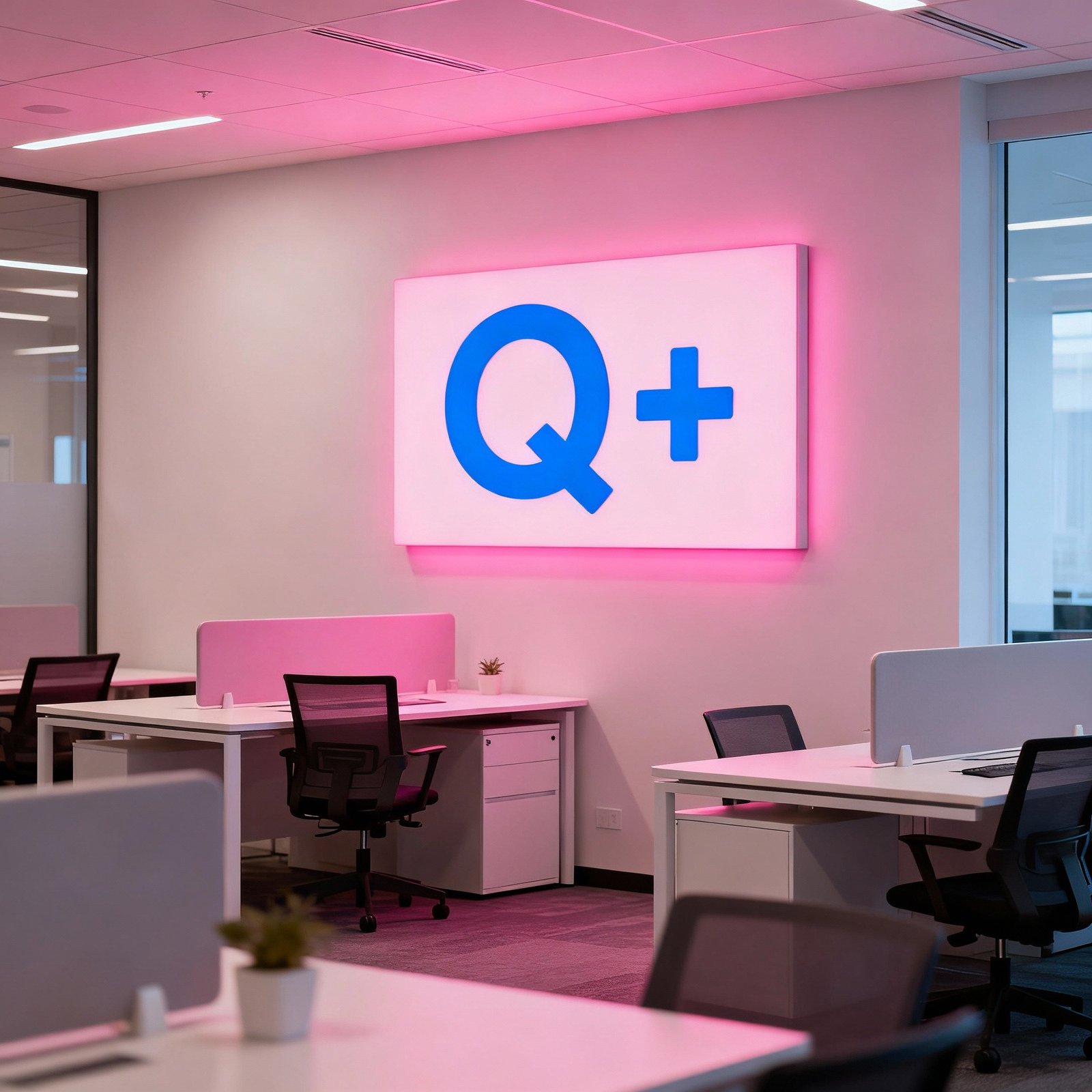 Corporate India 2025: How LGBTQ+ Inclusion is Shaping Workplaces
Corporate India 2025: How LGBTQ+ Inclusion is Shaping Workplaces
In 2025, Corporate India is no longer just hearing about diversity, equity, and inclusion (DEI) it’s being forced to practice it. For the queer community, this shift matters deeply: it shapes whether your workplace is a refuge, a site of dignity, or yet another space to hide. From Mumbai boardrooms to Bengaluru tech parks, inclusion policies, pronoun awareness, hiring drives, and legal rulings are remixing what “professional” looks like.
Why Now? Pressure, Policy & Possibility
Several converging forces are pushing Indian companies to truly attend to LGBTQ+ inclusion. First, the moral and legal landscape is shifting. Courts have made landmark rulings such as Madras High Court’s 2025 decision affirming that “homosexuality is not a disorder,” and Supreme Court mandates for gender-inclusive restrooms in courts. These rulings send signals: inclusion is not just HR lip service; it’s something the law is edging toward recognising.
Second, young talent demands it. Surveys show over 60 per cent of Indian workers say their employers are committed to LGBTQ+ inclusion far higher than global averages. More than that, many Gen Z and millennial queer and ally employees expect safe, affirming workplaces as non-negotiable.
Finally, there are economic arguments. Inclusive firms are seeing better retention, improved employer brand, more innovation, and even better profitability. Cities with stronger LGBTQ+ inclusion are rated more competitive, attracting startups, entrepreneurs, and skilled workers.
 What’s Changing (and What Still Needs to)
What’s Changing (and What Still Needs to)
Concrete Improvements
Many companies are going beyond pride month posts. Here are some changes already in motion:
- Inclusive hiring & trans/emerging identities: Firms like Godrej Consumer Products, Merck, Axis Bank, NatWest, IBM are doing more than ticking boxes. They partner with specialist sourcing firms, run trans employment initiatives, and integrate trans individuals in hiring pipelines.
- Policies & HR Spaces that respect identity: Workshops on pronoun usage and gender identity are increasingly common. Employee Resource Groups (ERGs) that include LGBTQ+ voices and allies are shaping policy discussions. For example, companies are formalising DEI councils and running mentorship programs.
- Visible accountability: Tools like the India Workplace Equality Index (IWEI) give organisations a way to benchmark their inclusion efforts. Over 20 industries have started using it to measure real practices not just PR.
- Support structures for marginalized identities: Trans Employment Mela 2025 is one major example: public, corporate, and nonprofit sectors collaborating to hire transgender and nonbinary folks in dignified jobs.
Persistent Challenges
- Uneven legal protection: Even though legal precedents are improving, there’s no national law protecting queer people from discrimination in employment. Without that baseline, many policies depend on company goodwill rather than enforceable rights.
- Culture vs. policy gaps: Some workplaces have inclusive policies on paper, but microaggressions, jokes, misgendering, and harassment persist. The real emotional safety of LGBTQ+ employees still often depends on individuals rather than systems.
- Representation in leadership: Inclusion efforts must move up the ladder. It’s promising that companies are hiring more queer talent, but few queer folks are in senior roles. Visibility there is essential.
- Focus on metro centres, corporate sectors: Most of what we see happens in major cities and in sectors like tech, banking, or large pharma. Smaller towns, manufacturing, and informal sectors lag behind.
 Voices from the Ground
Voices from the Ground
One queer employee in Bengaluru mentioned that pronoun training at his company helped reduce daily misgendering, even from senior staff. He felt, for the first time, that his identity was acknowledged, not just tolerated. Another trans candidate at a hiring event said that seeing multiple companies with trans friendly policies gave her a sense of possibility that she could apply without the usual fear of rejection.
These stories matter because they show change is not abstract. They show what it looks like when policy, visibility, and human dignity align.
What Companies Can Do Better (and What Employees Can Expect)
Here are what futures of Queer inclusive workplaces in India should push Forand what queer employees should look for when evaluating employers:
- Clear non-discrimination clauses including gender identity and expression in company codes and contracts.
- Safe, accessible restrooms and changing facilities according to gender identity.

- Employee Resource Groups (ERGs) that have leadership buying and budgets.
- Sensitivity training across all levels not just HR, but managers and teams.
- Visible pathways for queer employees to reach senior leadership.
- Transparent feedback mechanisms, including exit interviews, that capture queer experiences.
- Internships, campus recruitment or trans employment fairs that signal open opportunity.
- Compensation and benefit equality regardless of partner gender, marital status, etc.
For LGBTQ+ employees, when interviewing or considering offers, ask:
- How the employer addresses gender identity in HR policy.
- Whether people with the same identity are present in senior roles.
- What the company does beyond DEI posters actual practices like pronoun use, restrooms, grievance redressal.
- How the organization treats intersectionality how caste, region, class, disability intersect with queerness.
 Looking Ahead: What 2025 Could & Should Bring
Looking Ahead: What 2025 Could & Should Bring
The next big step is systemic: legal recognition of same-sex unions, stronger national antidiscrimination employment laws, mandated inclusion for trans people, especially in public and government sectors. If national policy catches up, corporate policies will no longer be optional but mandatory.
Also, the spread of remote and hybrid work models offers both a challenge and an opportunity. With remote work, queer employees in smaller towns or unsafe regions may get safer, more flexible work options but companies must guard against invisibility and isolation.
Lastly, celebrating queer leadership raising up visible queer role models in boards and SuiteWorld transform what “corporate leadership” looks like in India.



